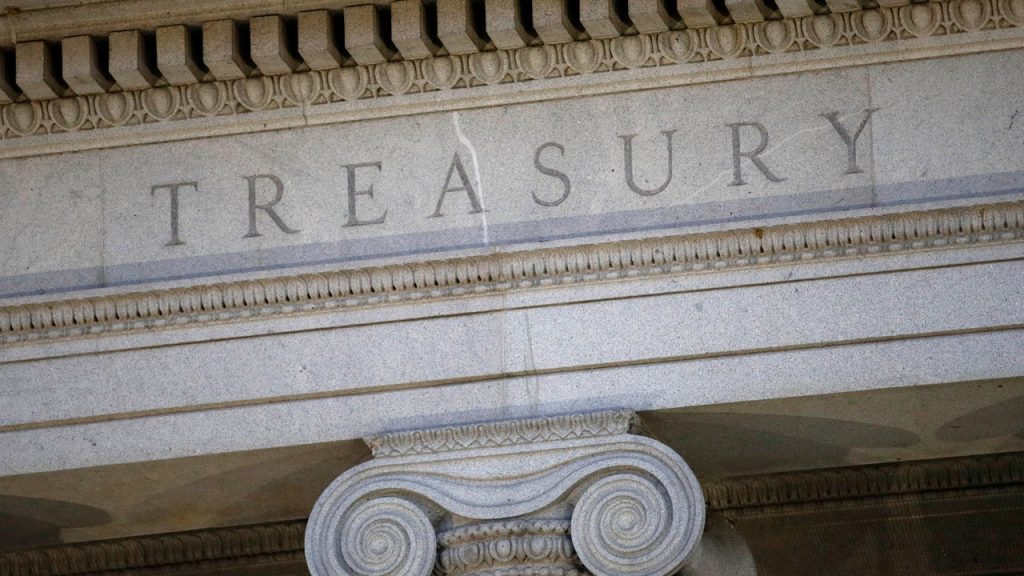The United States recently imposed new sanctions on hundreds of companies and individuals linked to Russia’s weapons development program, entities accused of helping Russia find workarounds to sanctions, and individuals linked to the death of Kremlin opposition leader Alexei Navalny. These actions by the departments of Treasury and State target Russia’s military-industrial base, chemical weapons programs, and companies in third countries that assist Russia in acquiring weapons components. The sanctions are aimed at disrupting and degrading Russia’s war efforts as its invasion of Ukraine enters its third year. Additionally, the Senate approved legislation barring imports of Russian uranium to further disrupt Russia’s war in Ukraine.
Treasury Secretary Janet Yellen stated that the sanctions would disrupt Russia’s military industrial base and evasion networks that help supply it, while a spokesperson for the National Security Council expressed concerns about U.S. reliance on Russia for low-enriched uranium to support its domestic nuclear fleet. Included in the sanctions are importers of cotton cellulose and nitrocellulose, as well as individuals and entities connected to Russia’s chemical and biological weapons programs. The penalties also target companies involved in Russia’s natural gas construction projects and individuals related to the penal colony where Navalny died. Russian President Vladimir Putin has criticized earlier rounds of U.S. and Western sanctions as illegitimate.
The Biden administration named a group of 16 targets in China and Hong Kong, with most of them being related to Russian procurement workarounds. Treasury Secretary Yellen recently traveled to China to warn officials not to provide material support for Russia’s war, emphasizing that there would be significant consequences if they did. While China denies providing Russia with arms or military assistance, it maintains economic connections with Moscow alongside other countries. Companies in China, Azerbaijan, Belgium, Slovakia, Turkey, and the United Arab Emirates were accused of aiding Russia in acquiring technology and equipment from abroad, leading to penalties to block them from using the U.S. financial system.
President Biden signed a $95 billion war aid measure that includes assistance for Ukraine, Israel, Taiwan, and other global hotspots. The legislation also includes an upcoming uranium ban that is expected to impact Russian revenues by at least $1 billion. The import ban on Russian uranium has been welcomed by U.S. lawmakers, with Senator John Barrasso calling it a “tremendous victory” that will help defund Russia’s war machine, revive American uranium production, and jumpstart investments in America’s nuclear fuel supply chain. The legislation also frees up $2.7 billion in previously authorized funding to ramp up domestic uranium production.
Overall, the new sanctions imposed by the United States target companies and individuals associated with Russia’s weapons development program, those helping Russia evade sanctions, and individuals linked to the death of Alexei Navalny. The sanctions aim to disrupt and degrade Russia’s war efforts as its invasion of Ukraine continues. Additionally, the Senate approved legislation banning imports of Russian uranium to further disrupt Russia’s war in Ukraine. The Biden administration has warned China and other countries against providing material support to Russia and imposed penalties on companies aiding Russia in acquiring technology and equipment from abroad. The upcoming uranium ban is expected to impact Russian revenues by at least $1 billion and will help defund Russia’s war machine while reviving American uranium production.


